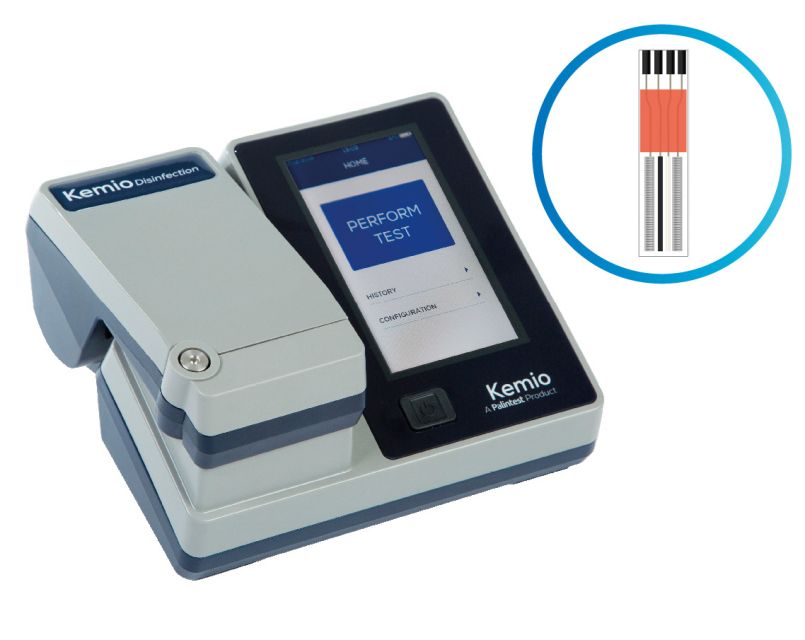Does Chlorine kill COVID ?
March 15, 2021 0 Comments

Chlorine kills coronavirus on surfaces
Household cleaners that contain chlorine, like bleach, disinfect hard surfaces and kill germs, including viruses. Many cleaners, including chlorine bleach, are effective against coronavirus when used properly, according to the U.S. Environmental Protection Agency (EPA).
When cleaning, follow the instructions on the product label. Chlorine-containing disinfectants should only be used on hard surfaces, not on fabrics, other soft materials or human skin.
“It’s important to clean high-touch surfaces regularly, such as countertops, phones, lights switches and doorknobs, to prevent further spread of the coronavirus,” says Cristina Cicogna, M.D. an infectious disease specialist at Hackensack University Medical Center.
If you’re using bleach or another chlorine-containing cleaner, never mix it with products containing ammonia or vinegar. These combinations release noxious gases into the air that can make it hard to breathe.
Chlorinated pool water kills viruses
When the proper amount of chlorine is added to pool water, it kills germs, including viruses. The amount of chlorine in the water needs to be properly maintained in order for its disinfectant qualities to be effective. This is why lifeguards and pool managers test chlorine and pH levels throughout the day and make adjustments as needed.
Because chlorinated pool water has been shown to kill viruses, it’s likely that it also kills coronavirus, but this hasn’t been confirmed. The U.S. Centers for Disease Control and Prevention (CDC) says that when swimming pools are properly maintained, the chlorine in the water should “inactivate” coronavirus, which would prevent the virus from spreading. This makes sense, because there’s no evidence that coronavirus spreads to people through the water in pools, according to the CDC.
“Based on what we know about chlorine and other viruses, it is likely safe to be swimming in a properly maintained pool, provided you continue to observe rules of social distancing and proper hand hygiene”. says Dr. Cicogna.
Public pool safety
Even though coronavirus isn’t spread through chlorinated pool water, it may be spread at public pools in other ways. The virus can spread through the air when infected people breathe, so it’s important to stay 6 feet away from people outside of your household. The virus may linger for hours on hard surfaces, so be sure to wash your hands well after touching handrails, counters or other hard surfaces.
To lower your risk of coronavirus while at a public pool:
- stay 6 feet away from people you don’t live with, whether you’re in or out of the water
- wash your hands with soap and water or hand sanitizer often
- avoid touching your face
- don’t share food or drinks with anyone
- wear a face covering when you aren’t in the pool
- don’t wear a face covering in the water; they’re hard to breathe through when they’re wet
“If it’s not overly crowded, it’s safe to have a fun, enjoyable afternoon at a public pool with your family,” says Dr. Cicogna. “Just make sure to follow safety guidelines and consider leaving if you can no longer maintain those important safety practices.”
Backyard pool safety
If you have a pool in your backyard, you won’t come into contact with strangers who may be infected with coronavirus, but there are other risks when swimming in a pool with no lifeguard on duty. Watch children carefully at all times, whether they’re in the water or playing nearby, and don’t drink alcoholic beverages, because they lower your inhibitions and reaction time.
To lower your risk of coronavirus in your backyard pool:
- limit the use of your pool to household members
- don’t host pool parties or large gatherings
- check the chlorine and pH levels in your pool at least twice a day
- disinfect hard surfaces, like handrails and tables
Also in Blog

Advanced Cooling Tower Management: Enhancing Efficiency with Lakewood Model 140
February 28, 2024 0 Comments

Optimizing Cooling Tower Performance: Understanding Efficiency, Maintenance, and Water Quality Management
February 28, 2024 0 Comments

Revolutionizing Water Analysis: Everything You Need to Know About the Kemio KEM10DIS
April 19, 2023 0 Comments



